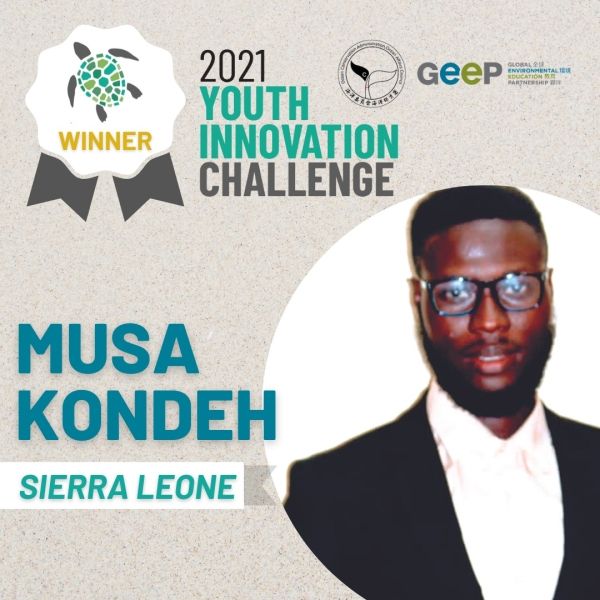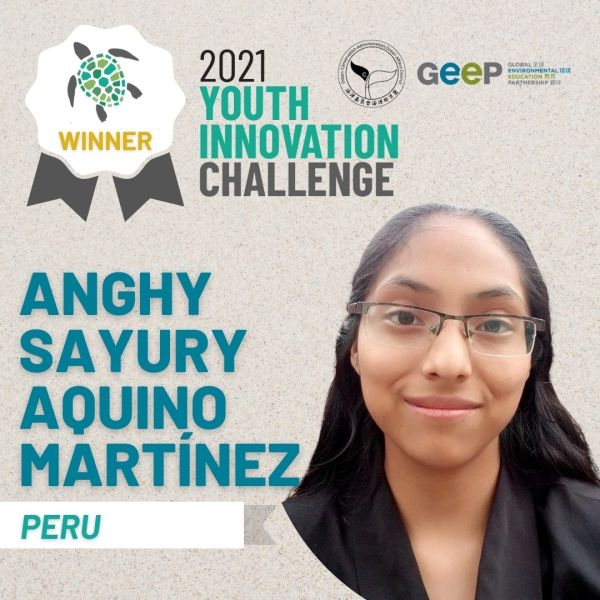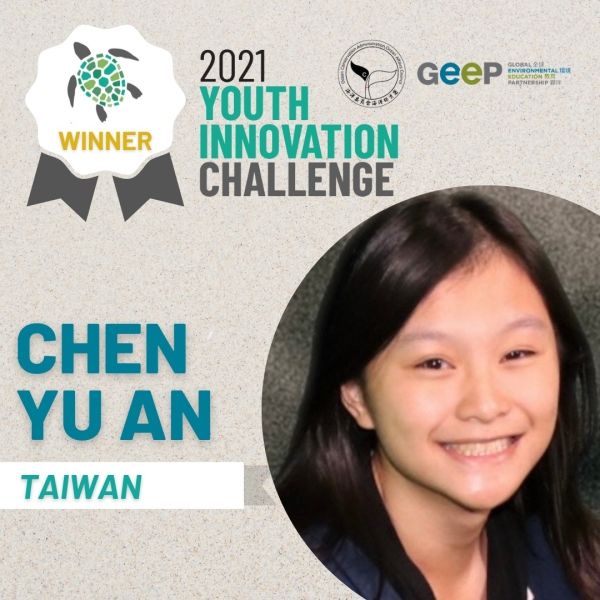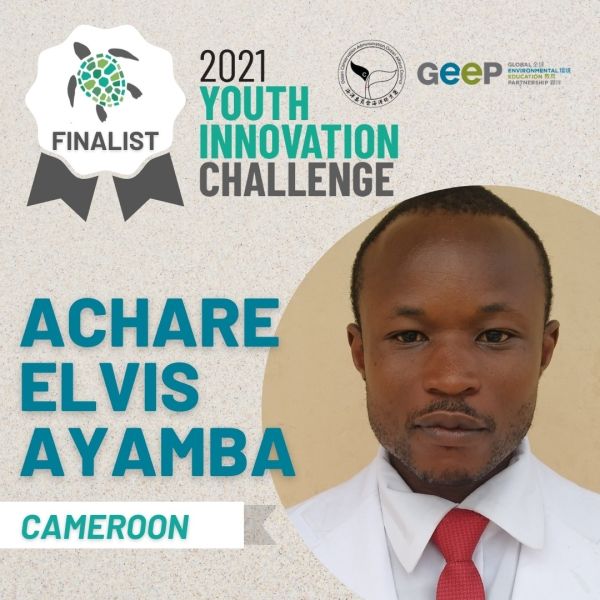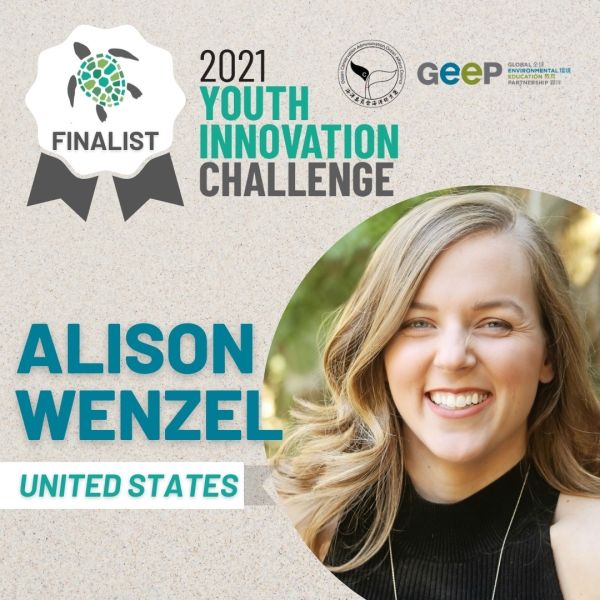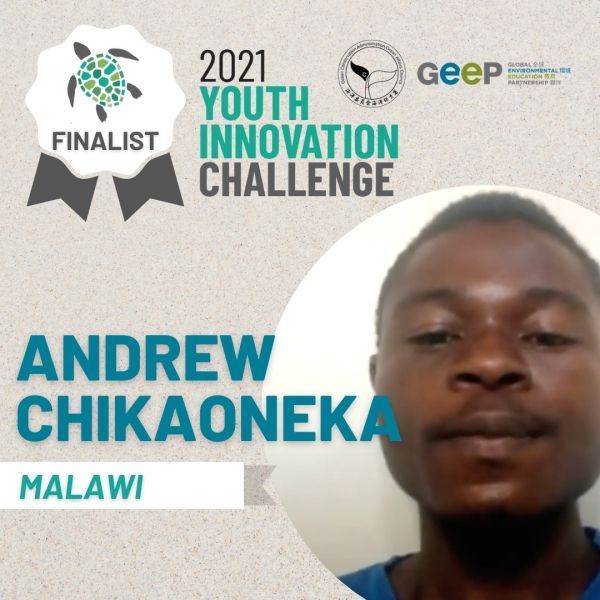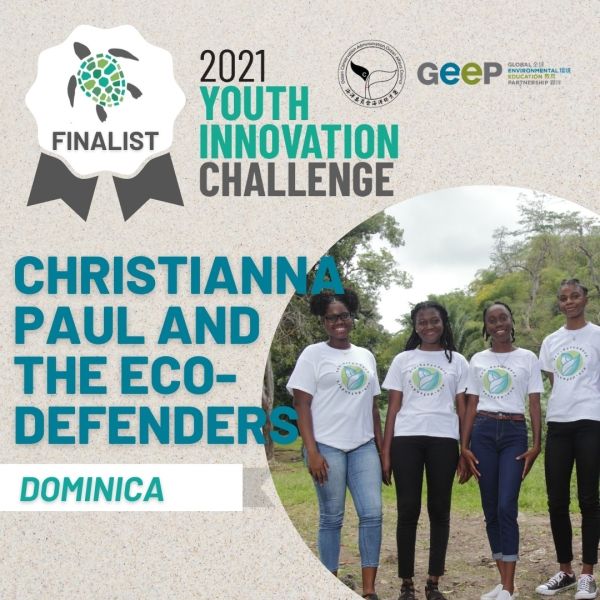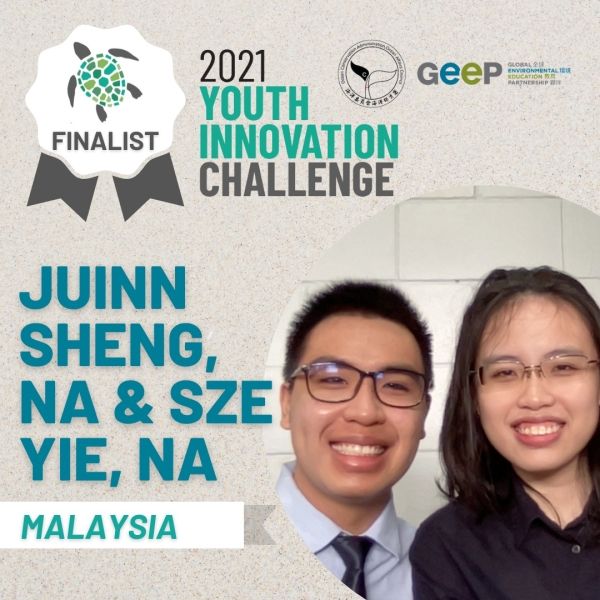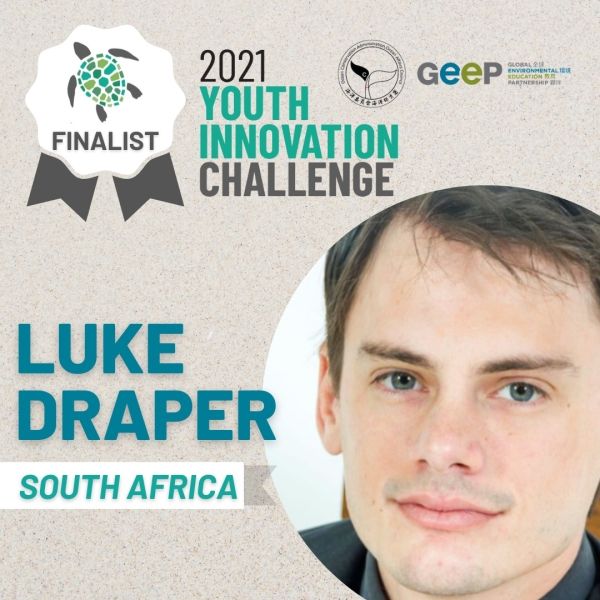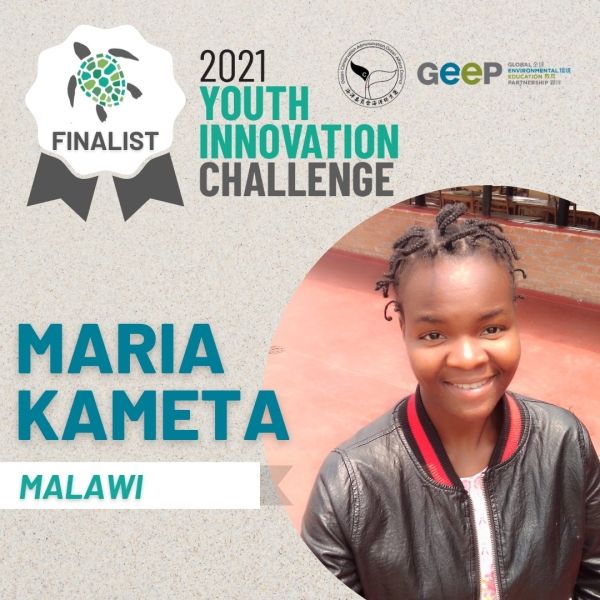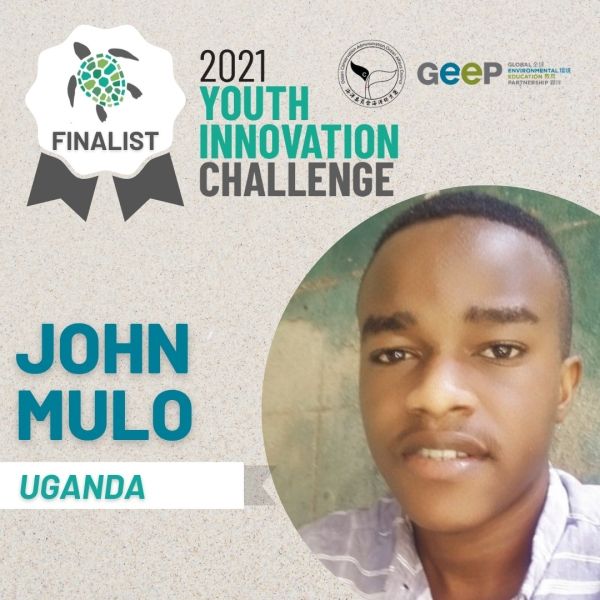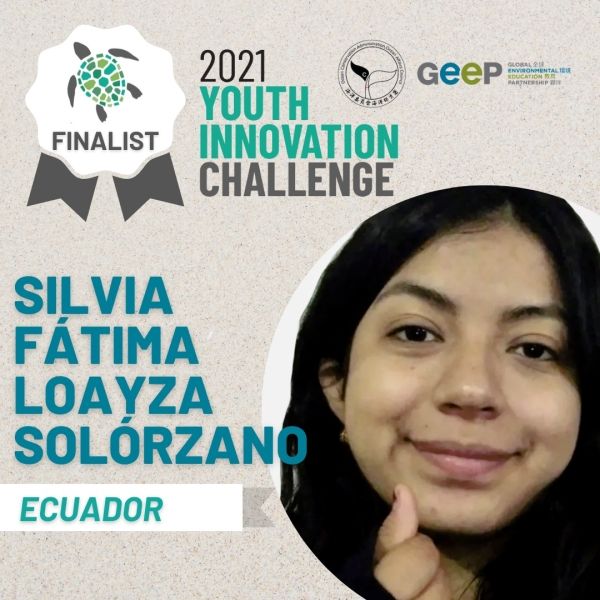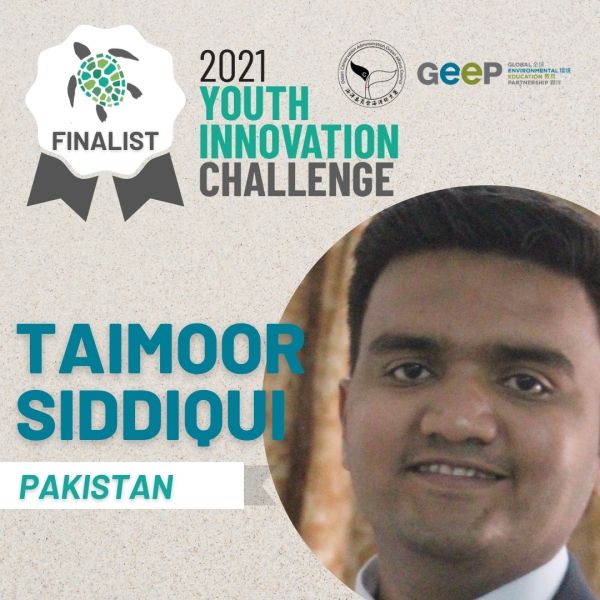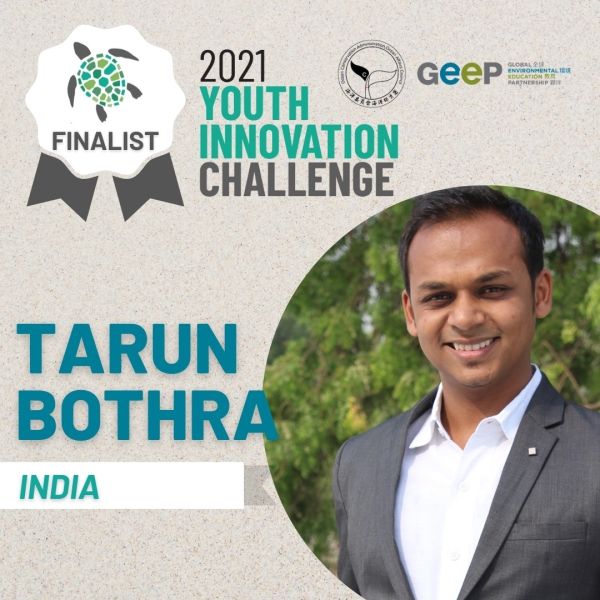Image

How can we help solve the world’s most pressing issues? The Youth Innovation Challenge 2021 gave young people around the world a chance to come up with innovative solutions to two pressing environmental and social issues: climate change and marine litter. The Youth Innovation Challenge (YIC) is a program of the Global Environmental Education Partnership (GEEP), a vibrant and inclusive learning network designed to champion environmental education (EE) around the world. In partnership with the Taiwan Ocean Conservation Administration, GEEP invited applicants between the ages of 15–30 years to propose a solution to one or both of these issues. We looked for solutions that were innovative, feasible, and informed by research.
Check out our 2021 Youth Innovation Challenge Winners and Finalists below!

